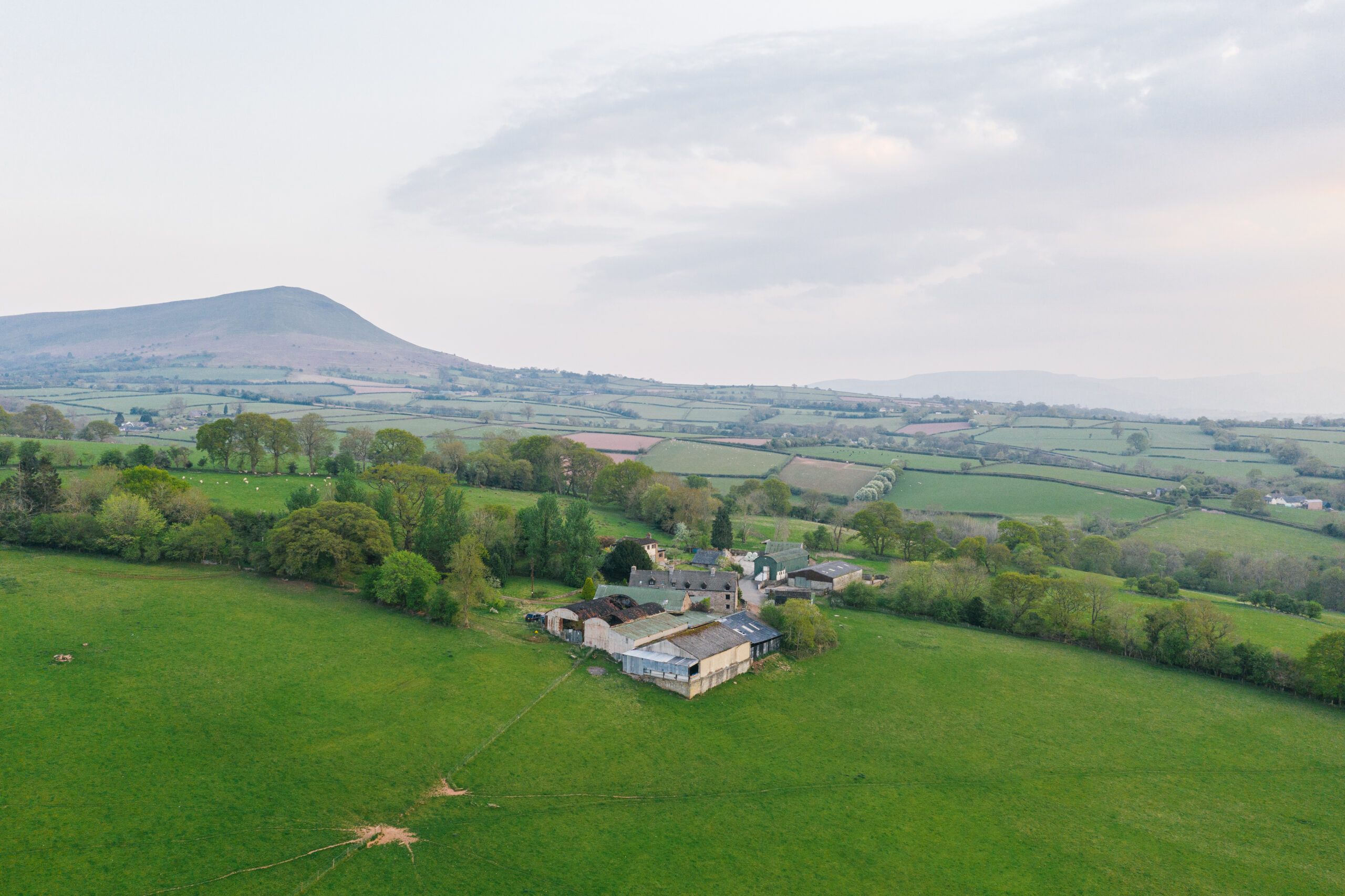
About Us
About Black Mountains College
Black Mountains College was founded as a response to the climate and ecological emergency. We are helping to create a future in which nature and human societies thrive.
BMC is more than a college. We’re a community committed to regenerative practices and learning how to live and work sustainably. We focus on real-world projects, blending traditional crafts with cutting-edge environmental practices to create more resilient systems that benefit both people and planet.
We aim to be a model of innovative lifelong learning, a catalyst for a local circular economy and a pioneer of agro-ecological practice.
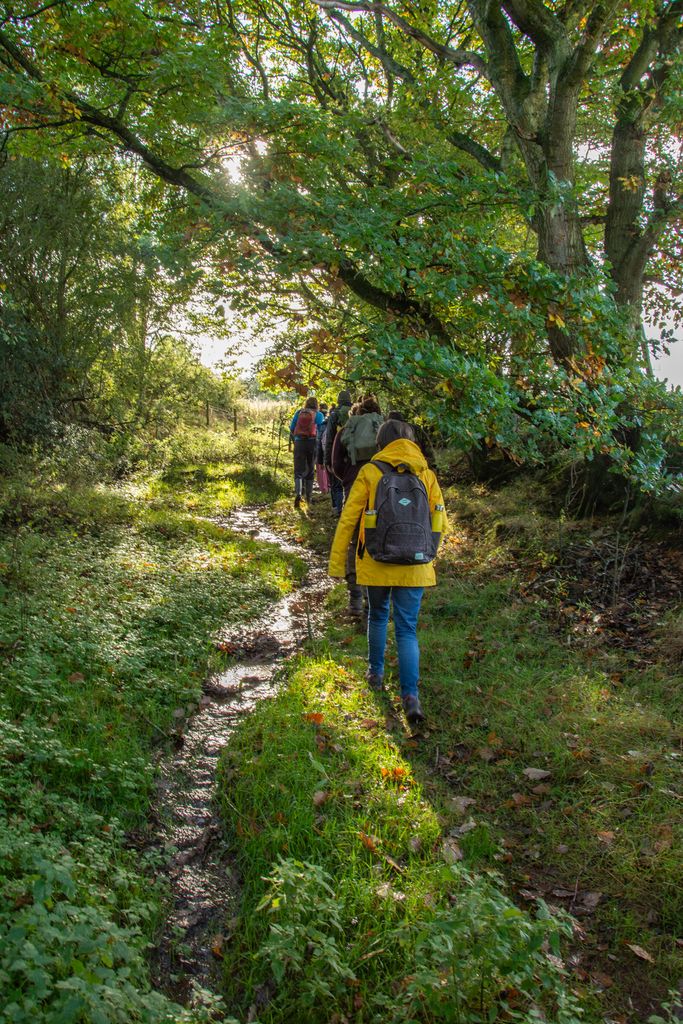
What we believe
- Education is central to understanding our current situation and preparing for a different kind of future.
- Our future can be positive and sustainable.
- Everyone has the right to a stable climate and we must learn to live within planetary boundaries.
- Our ways of living and working must respect the diversity of life on earth and regenerate cultures and ecosystems.
- Addressing the root causes of climate and ecological breakdown means grappling with questions of justice and equity, of exploitation and domination of nature and humans alike.
- Building an ecological future based on the finite resources of the planet necessarily involves tackling issues of equity and distribution of those resources.
More than ever the universal human right to education is vital to allow us to understand and prepare for the changes to come.
What makes BMC different?
Regenerative Education Model
Our education model focuses on regeneration—not just in environmental terms, but in how we think, live, and interact with systems. This emphasis encourages students to consider their impact on a personal, societal, and global level. We provide a forward-thinking education that inspires transformation.
Community of Change-Makers
BMC fosters a close-knit community of like-minded individuals passionate about tackling environmental and social issues. Our courses emphasise systems thinking to help you develop innovative solutions for a more sustainable future, and to promote local and global systems change and resilience in a rapidly changing world.
nature as the classroom
All of our courses acknowledge the forest school principle that reconnection to nature begins with making nature itself the classroom. Study in the heart of the Bannau Brycheiniog National Park, where the natural landscape becomes your classroom. An immersive learning experience, combining nature, sustainability, and practical skills in a stunning outdoor setting.
unique learning model
We know from neuroscience that humans learn with all their senses and store memories in their whole body. Our learning model, applied across all our courses, integrates the head, hands and heart, multi-sensory protocols, outdoor learning and multiple hierarchies of knowledge or ways of knowing.
LEARNING FOR A purpose
Our courses are connected to the local communities we are embedded within. Engage in meaningful, community-driven projects that contribute to sustainability, and drive positive social and ecological change. Learning in context, on the land, in ecosystems, within economies and social structures and organisations is what applied, experiential and problem-based learning is all about.
What does Diversity
& Equality mean to us?
Biodiversity in nature is a feature of resilient ecosystems and the same is true of human systems. We want to play our part in creating fair and equal societies that promote life, not the destruction of the planet; what some people have called an ecological civilisation or ‘being ecological’.
Being ecological means living within safe planetary limits and seeing humans as a part of nature, not separate from it.
This might sound like a simple ambition but the scale of the transformation required to achieve this seemingly obvious goal is enormous.
It requires us to think through the history of over-exploitation and domination that have brought us to this point and rethink our relationships with each other and with the earth on which we depend. Understanding the histories of capitalism, colonialism and the way ideologies of race, class, gender and difference have been constructed and used in the past to feed a system that exploits both nature and humans helps us as we try and counter historical injustice and dismantle barriers.
This is an ongoing process which informs both the establishment of BMC and all our practice and programmes.
We have designed and will continue to refine our admissions process for further and higher education so that it is as open as possible, so that it welcomes expression and ambition in a range of formats and focuses on potential and passion not just on past achievements.
Our vocational NVQs all include a core programme that links questions of equity and diversity with neuro-diversity and different ways of learning and knowing as well as broader concepts of environmental and economic justice.
Our BA (Hons) Sustainable Futures; Arts, Ecology and Systems Change has been developed explicitly to offer an alternative to inherited hierarchies of knowledge through problem-based learning, indigenous wisdom, practical hands-on skills alongside theory and inclusive collaborative exploration.
We strive to communicate and promote our vacancies in ways that are open and available to all. We are actively seeking to broaden perspectives within the team, amongst our volunteers and on our board.
Please talk to us if you have suggestions for things we could be doing differently or networks you think we should be aware of.
We know that rural Wales is unfamiliar territory to many potential students or staff, even to the extent that British National Parks have been called ‘hostile’ to minority groups. And yet access to nature is critical in providing the context for the kinds of experiences and lessons necessary to build an ecological future.
Through our Futures Camps for young people, we hope to contribute to making the countryside welcoming for all and sparking engagement with the natural world and the healing work that needs to be done.
Reversing cycles of destructive practice is a multi-generational struggle in which BMC commits to play its part.
We have targets of gender parity and a mix of identities and backgrounds within our staff and boards which we hope will strengthen the democracy, diversity and resilience of the organisation. In our FE and HE recruitment we are aiming at local and urban outreach to build cohorts and classes of students with a wealth of perspectives and experiences.
We want our campus to be a thriving venue for connecting people of all ages with nature and a site of learning not only for the skills necessary for a circular, regenerative economy but new ways of seeing, living and thinking of ourselves that encourage both nature and humans to thrive.
-
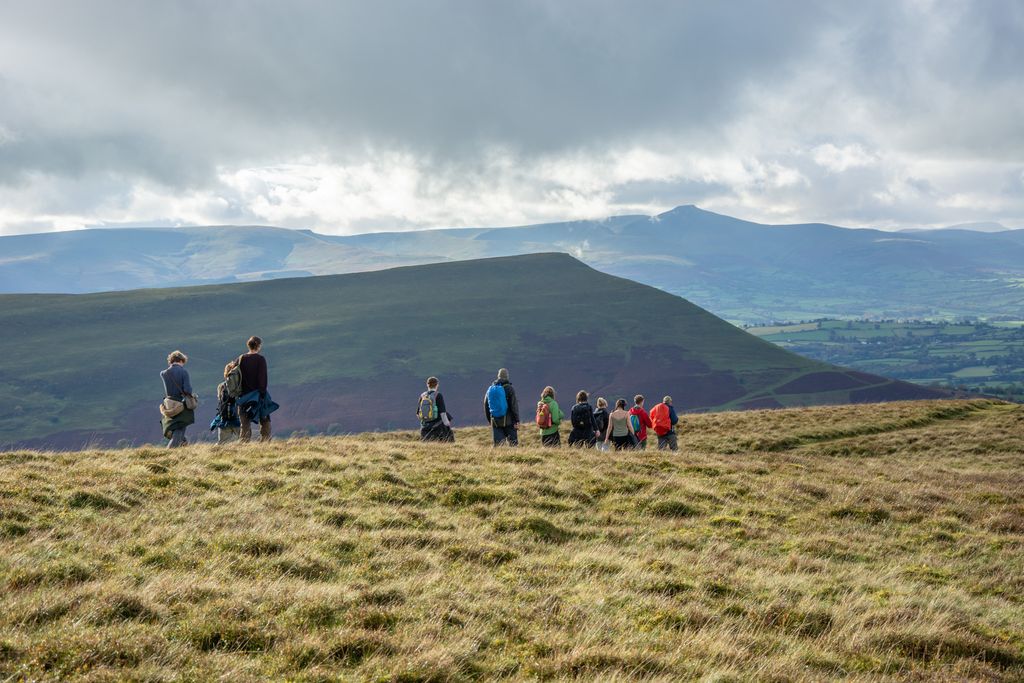
Study
Each of our courses are designed to equip you with the tools to lead change in your community and be more resilient in a changing world. View our course offering here and make a tangible impact on the future. Now is the time.
-
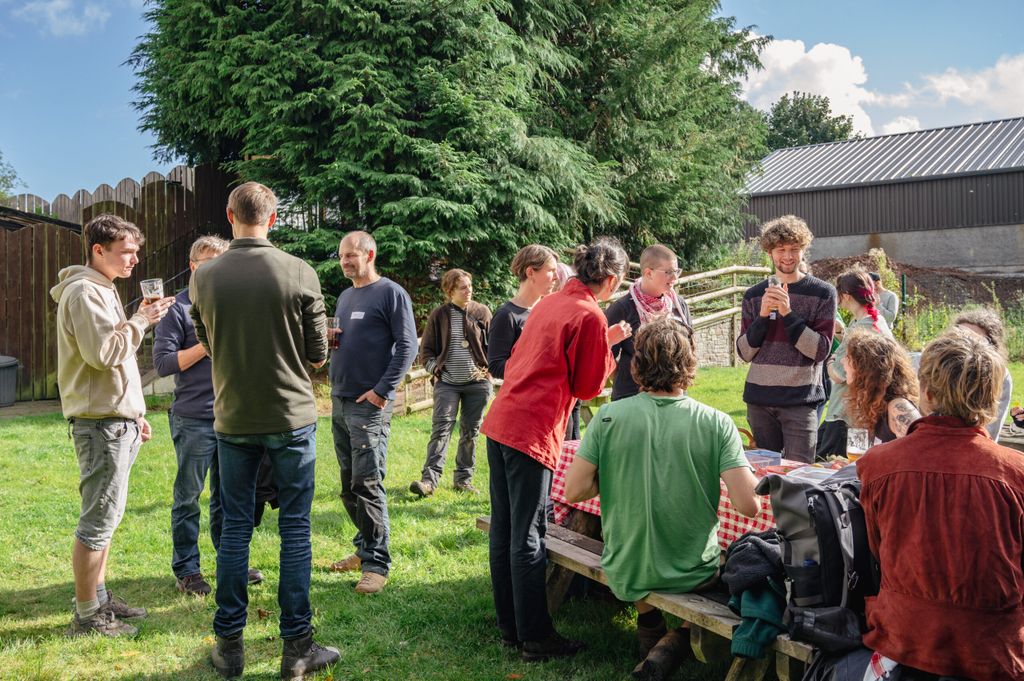
Student Life
At Black Mountains College (BMC), student life is as unique and transformative as the education itself. Whether you’re studying for a degree in Sustainable Futures or completing a vocational course, your time here will be connected to nature, community, and hands-on learning.
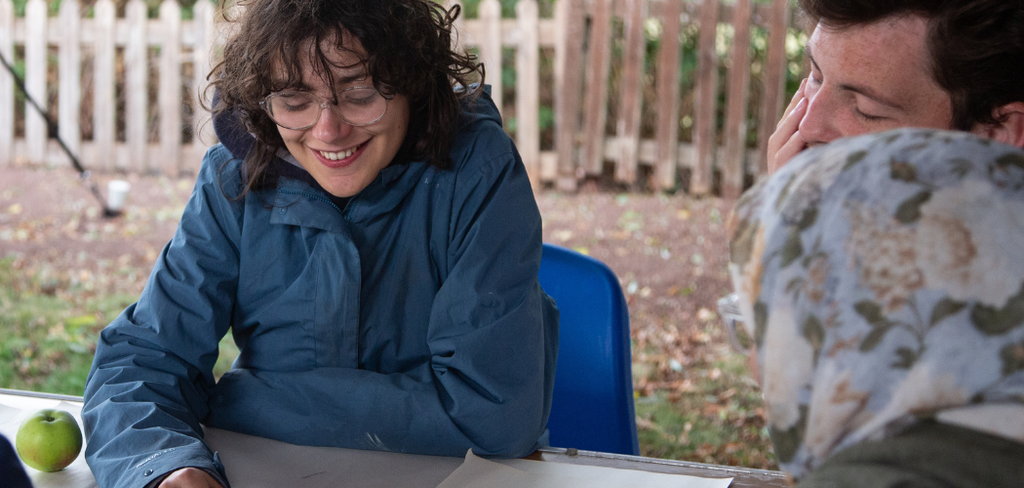
Our People
Change starts with people. We’ve got a small, agile team, a supportive and active board of trustees and a wide network of supporters. Get to know our team here.
The BMC Prospectus
Download the Black Mountains College prospectus for an overview of our courses, campuses, and vibrant student life
Visit us
Come along to one of our Discovery Days or Campus Tours to explore our campuses and meet your tutors